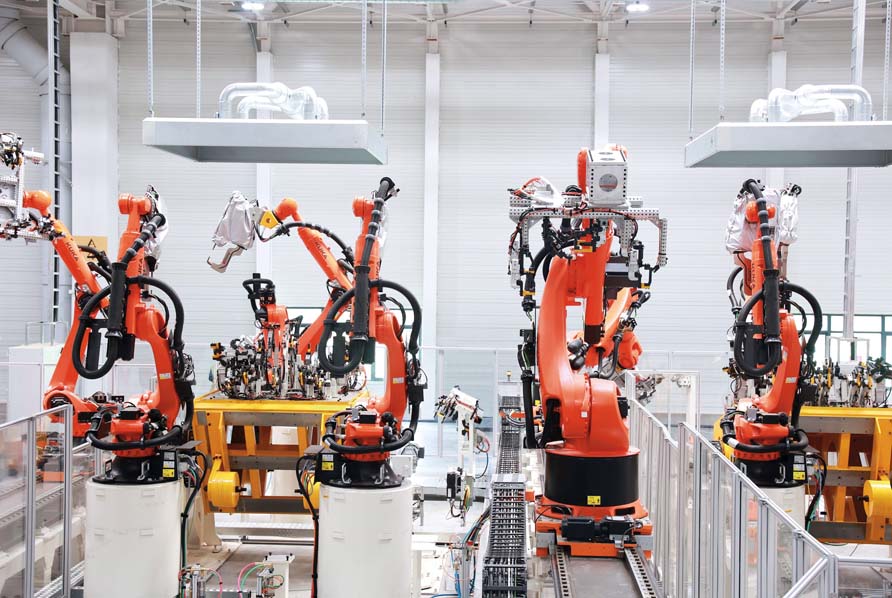Stronger Local Support for Foreign-Funded R&D Centers

As an active, innovative economy, China is an attractive destination for foreign-funded R&D centers.
On January 18, the State Council proposed 16 new policies aimed at encouraging the development of foreign-funded research and development (R&D) centers, increasing foreign involvement in innovation-driven economic growth, and sharing opportunities brought by China’s high-quality development. The policies focus on the sciences and technologies themselves, the convenience of undertaking R&D, encouraging brain gain and intellectual property rights protection.
In the past four decades, thanks to favorable policies, many companies have moved their regional or even global R&D centers to China and now make up an important part of China’s sci-tech innovation system. Despite this strong momentum of foreign R&D, the government is doubling down on its efforts to support foreign-funded R&D centers as part of its further opening-up strategy.
As is pointed out in the report of the 20th National Congress of the Communist Party of China held last October, China needs to further expand international sci-tech cooperation and exchange while trying to strengthen the global competitiveness of its innovation system. The government has also proposed the development of a new economic pattern in China known as the double development dynamic—domestic and international economic activities promoting each other, with domestic economic activity as the main force.
While these new policies were in the making, the Ministry of Commerce solicited suggestions and advice from foreign investors, including some common requirements, such as to make it easier for expatriates to work in China, more financial support, more opportunities to participate in government missions and stronger protection for intellectual property rights. Most of these ideas have been taken into consideration by the ministry in its formulation of the new policies.

The new policies aim to promote the development of foreign-funded R&D centers in three main ways. First, they will create a better environment for these centers to move forward. They are allowed to apply for work and residence permits in China in the name of organizations. There are also favorable measures to accelerate transborder receipts and payments for foreign personnel, while Chinese financial institutions are encouraged to give financial support to these centers. Additionally, administrative adjudication will play a bigger role in cases of patent infringement, and intellectual property rights protection will be strengthened.
Second, foreign-funded R&D centers will work more to allocate global innovation-based resources. These centers have frequent international talent exchanges and sci-tech cooperation. The new policies aim to encourage sci-tech experts from these centers to join China’s national and regional tech expert pools so that they can contribute their wisdom through consultation, appraisal and management of science programs.
Third, these policies will help foreign-funded R&D centers to become better integrated with China’s sci-tech innovation system, which may in turn bolster their R&D capabilities. According to the policy document, these centers are allowed access to China’s major science instruments and infrastructure, as well as sci-tech reports and data. Chinese universities and science research institutions will also be encouraged to cooperate with these centers.
As an active, innovative economy, China is an attractive destination for foreign-funded R&D centers. Recent years have seen an array of such centers flourish in China, particularly in the international sci-tech innovation centers of Beijing, Shanghai and the Guangdong-Hong Kong-Macao Greater Bay Area. It’s extremely important in the post-pandemic era to produce updated and more targeted policies and measures to support the further development of foreign-funded R&D centers in China. The newly issued policies are expected to not only greatly improve sci-tech innovation within China-based foreign-funded businesses, but also push China further into the global industrial sci-tech innovation system.
 Facebook
Facebook
 Twitter
Twitter
 Linkedin
Linkedin
 Google +
Google +










